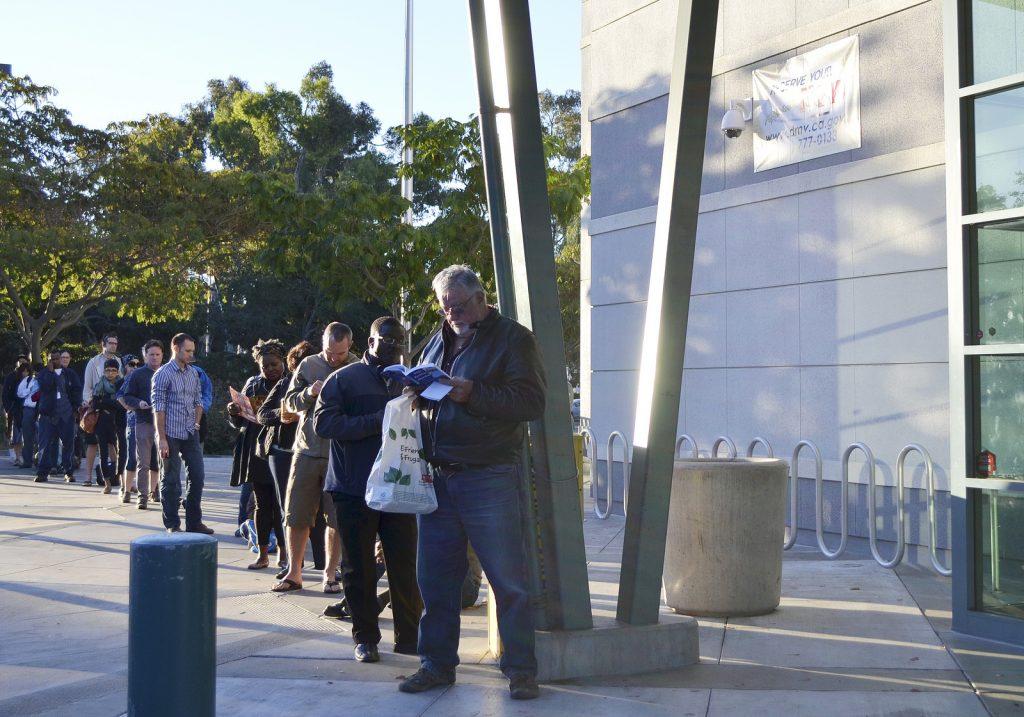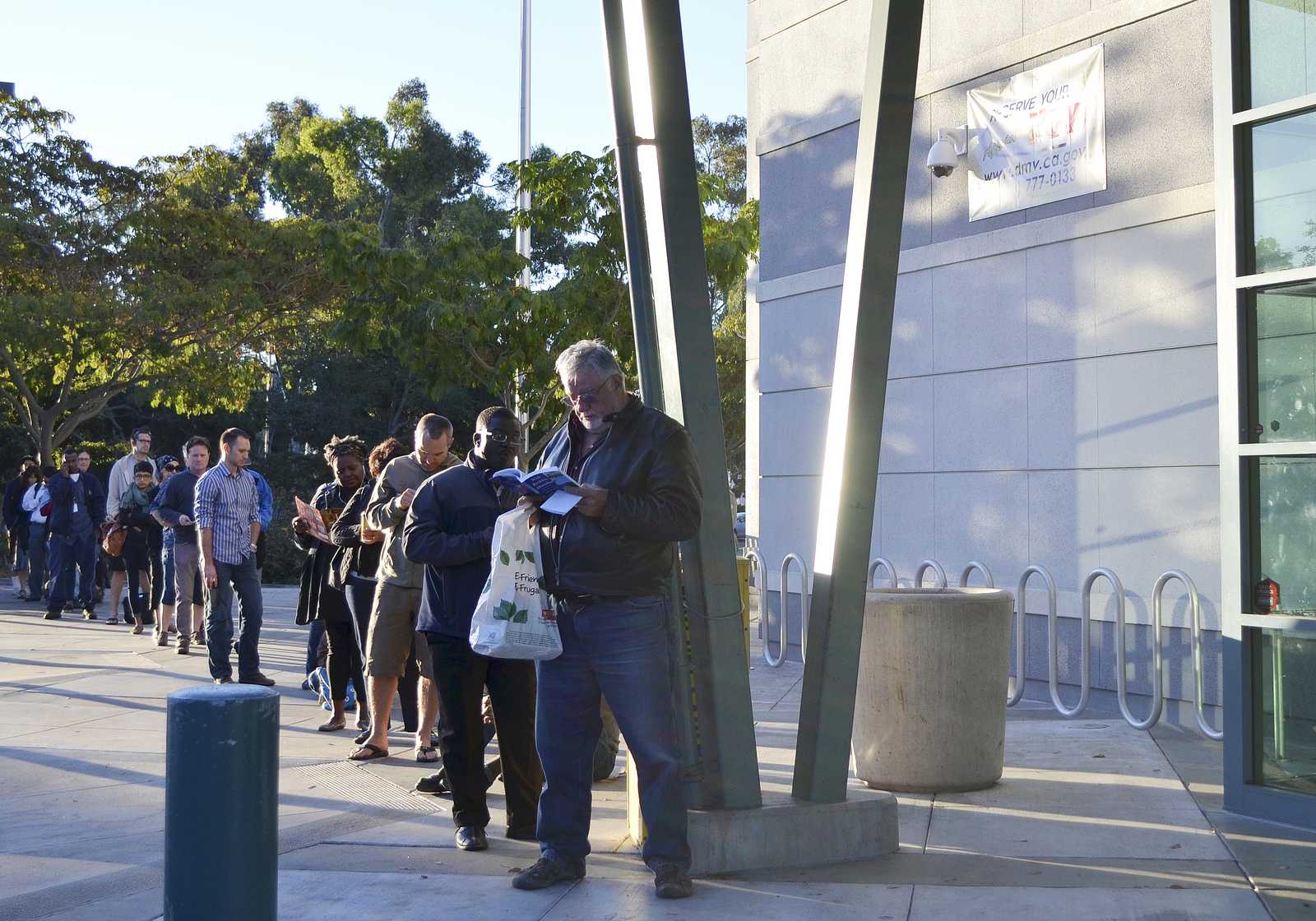

When Jackeline Monroy was in high school, a cop pulled over her father for his burnt out headlight. The car was then impounded because he didn’t have a driver’s license, and the family couldn’t afford to reclaim the vehicle.
That’s when Monroy, an undocumented immigrant and now SF State business management student, came to realize her family didn’t have the privileges she thought they did. The privilege was not owning a car — it was owning a license.
“It just made life a lot more difficult,” she said. Without the car, her family had to resort to public transportation.
Soon, undocumented immigrants in California may be able to escape the same situation. Three major bills passed by the California legislature await approval from Gov. Jerry Brown: Assembly Bill 60, which grants driver’s licenses to undocumented immigrants and allows them to obtain liability insurance that would protect them and others in automobile accidents; AB 1024, which allows undocumented immigrants to practice law and AB 4 (also known as the Trust Act), which prohibits local law enforcement agencies from holding nonviolent offenders for Immigration and Customs Enforcement.
The bill, authored by Watsonville Assemblyman Luis Alejo, passed the state assembly after a few last-minute changes, including the requirement that the new licenses carry a disclaimer identifying the bearer as eligible for driving benefits but not employment or other benefits.
Currently, nine other states and the District of Columbia issue licenses to undocumented immigrants. Only New Mexico and Washington state issue licenses without a disclaimer.
Monroy found out about the passing of the bill from a petition on Change.org. She also realized many of her peers weren’t aware of it either. Despite the two-decade push by immigrant advocates to pass such laws, political groups active in immigration reform at SF State were unaware of their approval.
Improving Dreams, Access, and Equity (IDEAS), the undocumented and AB 540 support group on campus, along with two historically political organizations — Movimiento Estudiantil Chicano/a de Aztlan (MEChA), and La Raza Student Organization — were all unaware of the bill’s passage.
They did, however, express their skepticism of the marked licenses.
“I think that brings up questions. In other cities we can’t say, though, that every town or every city in California some police officers or some police entities don’t work with ICE (Immigration and Customs Enforcement) even they are not supposed to,” said Albas Tobias, MEChA coordinator. “It really singles out people who are undocumented and makes them kind of vulnerable to publicly say that status.”
La Raza members admitted they didn’t even know this was happening. One coordinator blamed it on the mainstream media for not reporting it.
SF State Professor Carlos Salomon, who teaches a grassroots community organizing class in the Ethnic Studies department, said he was surprised and wondered why these organizations weren’t aware of the legislation.
Salomon acknowledged the lack of media attention and questions what kind of media students consume, saying there is a generation gap.
”You ask their auntie and uncles, and parents, they know about this issue way more than their kid do,” said Salomon. “I think that’s a result more of the younger generation not paying attention to news media.”
He also suggested the students might be unaware of the bills’ passage because the bills don’t represent comprehensive immigration reform and might be considered a sell-out move.
Regardless, Salomon called it a pragmatic, non-radical decision that reflects a reality where people are going to drive even if they don’t have a license.
Opponents of this bill and others like it claim giving privileges like the ability to drive to undocumented immigrants rewards and encourages people to enter the country illegally.
“Whether or not it encourages illegal behavior, I don’t know, and frankly I don’t care. Because we’re talking about people going to jobs, supporting their families. I don’t see anything wrong with that, whether you have status or don’t have status,” Salomon said, “People are going to continue to drive anyway. So let’s give them the ability to drive with confidence and not live in fear and live in the shadows.”
Monroy agrees with Salomon that it is a small, but significant stepping stone. Although she is also not in favor of distinguished licenses, the business management student said overall, the benefit is better.
